 Part of our mission for Chattanooga Preventive Dentistry is encouraging and educating patients to achieve a more balanced, healthy life in general. Poor nutrition affects oral health in ways that may not seem as obvious as usual culprits of gum disease or cavities.
Part of our mission for Chattanooga Preventive Dentistry is encouraging and educating patients to achieve a more balanced, healthy life in general. Poor nutrition affects oral health in ways that may not seem as obvious as usual culprits of gum disease or cavities.
It’s easy enough to grasp what’s good or bad for us, but how are we to actually put better eating habits to work? There are a few suggestions you may want to try if you’ve always wanted to eat better but weren’t sure how to make it happen…
How do you get the family to skip candy, cookies, and cake to instead munch on kale? Follow a process to gradually wean yourself of these unhealthy foods and replace them with healthier alternatives. It is important to always replace bad food with healthy food that you enjoy. For example, eat fruits as snacks, drink water instead of soda, eat whole grain bread instead of white bread, add steamed greens to dinner, focus on poultry and seafood while limiting intake of red meats, make homemade pizza instead of ordering, and snack on nuts like unsalted peanuts or raw almonds instead of potato chips. Berries can offer a sweet substitute to satisfy sweet cravings instead of sugar-loaded chocolate candy.
Regardless of how it is achieved, fruits and vegetables need to make up half of what is eaten daily, according to the U.S. Department of Agriculture. You don’t have to become a vegetarian to eat better, but you’ll end up healthier the more you transition away from sugary foods and starches to dishes that grow out of the ground instead of coming in a can. With these healthy eating guidelines, you can reduce your risk of enamel erosion and cavities to keep your smile looking healthier, plus you may just live longer too.
Photo: © Evgenya Amanenko / 123RF Stock Photo
Blog © 2018 Tedford Family Dentistry: Tedford Keith DDS Ooltewah TN 37363
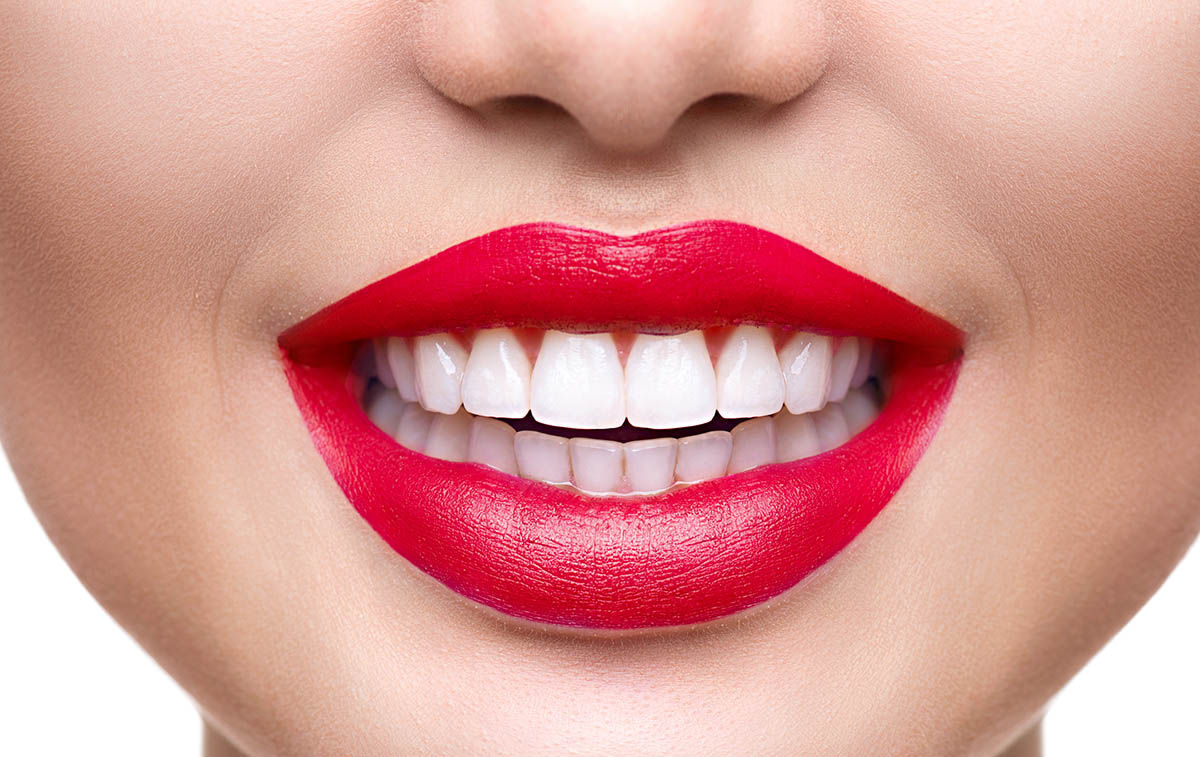
A great smile can be positively life-changing. Taking good care of our teeth helps, but cosmetic dentistry procedures like dental veneers can take us “over the goal line”, as the saying goes. In this month’s blog, we look at reasons for getting dental veneers, some of which go beyond merely cosmetic considerations.
When teeth whitening fails to completely decrease stains and discoloration, dental veneers become the recommended cosmetic dentistry procedure. The thin wafer of porcelain becomes bonded to camouflage the actual color, shape, or position of the existing tooth. All cosmetic procedures work best when they enhance your smile rather than radically change it. You want people to notice the positive change but remain puzzled as to what was done. The smile should improve without appearing fake.
Veneers can be done to one tooth (as in, say, repairing a single chipped tooth after tripping and falling) or a group of teeth, depending on your needs and budget. Veneers also support natural teeth that have been weakened or compromised by broken or old fillings.
Veneers and crowns are methods of fixing gaps in teeth, along with dental bonding, implants, dentures, retainer/orthodontics, braces, and teeth gap bands. The differences between Crowns and Veneers? Both involve the bonding a thin porcelain shell to teeth with the goal of fitting properly and looking natural. Whereas veneers bond to the front of the tooth, dental crowns fit OVER most of a tooth. The term “bridge” refers to a type of crown to fix several teeth at once.
Another distinction: Veneers primarily address cosmetic needs, creating a uniform look. Crowns, in contrast, usually fix broken/cracked teeth caused by some sort of trauma or decay. You may also see the term “Lumineers,” which refers to a brand of veneers that are thinner than traditional veneers.
It’s pretty amazing that veneers have the durability to withstand years of wear and tear (while repelling stains) even though they are composed of the thinnest dental porcelain. Ideally, when shopping for a dentist nearby to add dental veneers, you’re able to ask a former patient who had the procedure a decade before if he or she remains happy with the results. Sometimes you can use a person’s Facebook photo gallery as a way of seeing before and after photos to at least get a sense of the cosmetic benefits of dental veneers.
The natural enamel of your teeth gets eaten away by years of consuming acidic foods and drinks. Lost enamel does not grow back, but veneers can serve as a treatment for enamel abrasion and enamel erosion. Because we remove a portion of the outer layer of enamel on a tooth before bonding veneer teeth (for the purposes of a snug fit), the procedure cannot be reversed.
Perhaps veneers are just one part of cosmetic enhancements you have planned. It’s important to discuss these with your cosmetic dentist because other forms of facial plastic surgery can negative what we are trying to accomplish. Lip injections, for example, can cast a shadow over teeth, making them appear gray. To find the perfect shade of grey for veneers, to match other teeth and appear natural, some dentists use a person’s skin tone to customize the shade that looks best.
Affordability can be a factor in deciding whether to get this procedure done, as it is generally great to get but not usually essential. You should talk to your dentist to get all of the information needed to decide whether dental veneers are an investment that will make a positive change in your life. Factors affecting price can include the experience level of the dentist and how many veneers you get at one time. Incorrect placement can lead to requiring several trips to a dentist to have improperly placed veneers fixed. You also need to consider whether your dental insurance plan covers any part of the cost of veneers since they are a cosmetic procedure. We are happy to give you a quote when you call (423) 238-8887 to set up an appointment with Dr. Keith Tedford.
Once you have your veneers, you should avoid gnawing on ice or using your teeth to open packages. Barring any accident impacting the mouth, you should not experience any breakage or damage to your veneers, even under the daily pressures of biting and chewing food. While there may be some increased sensitivity to hot or cold temperatures for the first few days after a procedure, this usually does not last. Drinking a hot coffee or eating a cold bowl of ice cream should not produce any noticeable effect on your veneers.
To keep your veneers in top shape, keep up with regular visits to your dentist twice a year and be sure to brush and floss daily. You don’t want to develop any cavities because they can compromise the integrity of the veneers. If you’re going to go to this much effort to improve your smile, we’re sure that you probably don’t need too much reminding to take basic care of your oral health.
Veneers can make a big impact on the quality of your smile. Because the procedure is irreversible, you definitely want to put some forethought into the work that is to be done and the desired outcome. We encourage you to use this information when researching whether to pursue veneers for yourself. Learn more about our Cosmetic Dentistry in Ooltewah, TN, then call us at (423) 238-8887 to set up an appointment with Dr. Keith Tedford.
Copyright: subbotina / 123RF Stock Photo
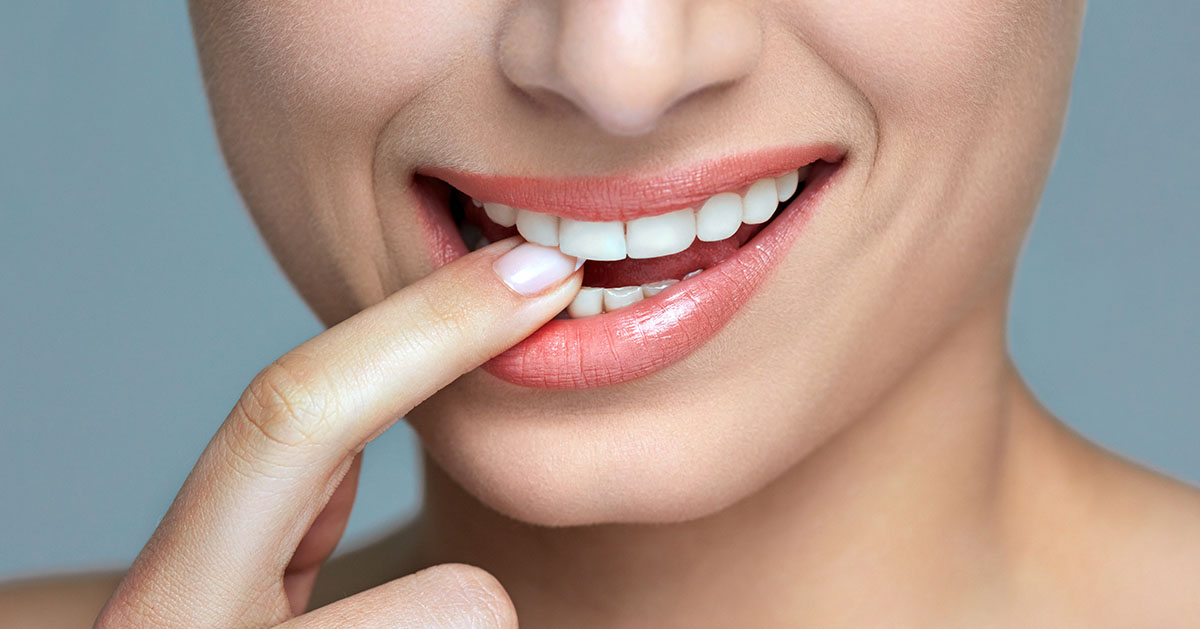 A bride or groom feeling self-conscious about their smile may ask a wedding photographer to use Photoshop for the illusion of having white teeth in their wedding photos. Perhaps you’ve adjusted the settings on Instagram to hide a yellow tinge in your own smile before sharing a social media post. In real life, we can’t hide behind layers of pixels. Every time we encounter someone face-to-face, they see our teeth and recognize whether the enamel is yellowed or stained.
A bride or groom feeling self-conscious about their smile may ask a wedding photographer to use Photoshop for the illusion of having white teeth in their wedding photos. Perhaps you’ve adjusted the settings on Instagram to hide a yellow tinge in your own smile before sharing a social media post. In real life, we can’t hide behind layers of pixels. Every time we encounter someone face-to-face, they see our teeth and recognize whether the enamel is yellowed or stained.
If you’ve worried about the appearance of your smile, perhaps you’ve researched how to whiten your teeth at home. Maybe you’ve wondered “how much does professional teeth whitening cost?” without ever following through to find out. But while the Internet may offer lots of ways to cut corners and save money, including home remedies for removing plaque naturally, you may not want to experiment with unqualified advice off the web about do-it-yourself bleaching yours with chemicals that may not even do anything.
Cosmetic services by a professional dentist, on the other hand, come with the expectation that procedures for teeth whitening to decrease such discoloration will be safely performed and prove effective, leading to better results and, in turn, more self-confidence.
In this month's blog, Tedford Family Dentistry (which offers teeth whitening at our Ooltewah TN dentist office) wants to shed some light on real solutions to this common issue.
Copyright: puhhha / 123RF Stock Photo Written by Steven Stiefel
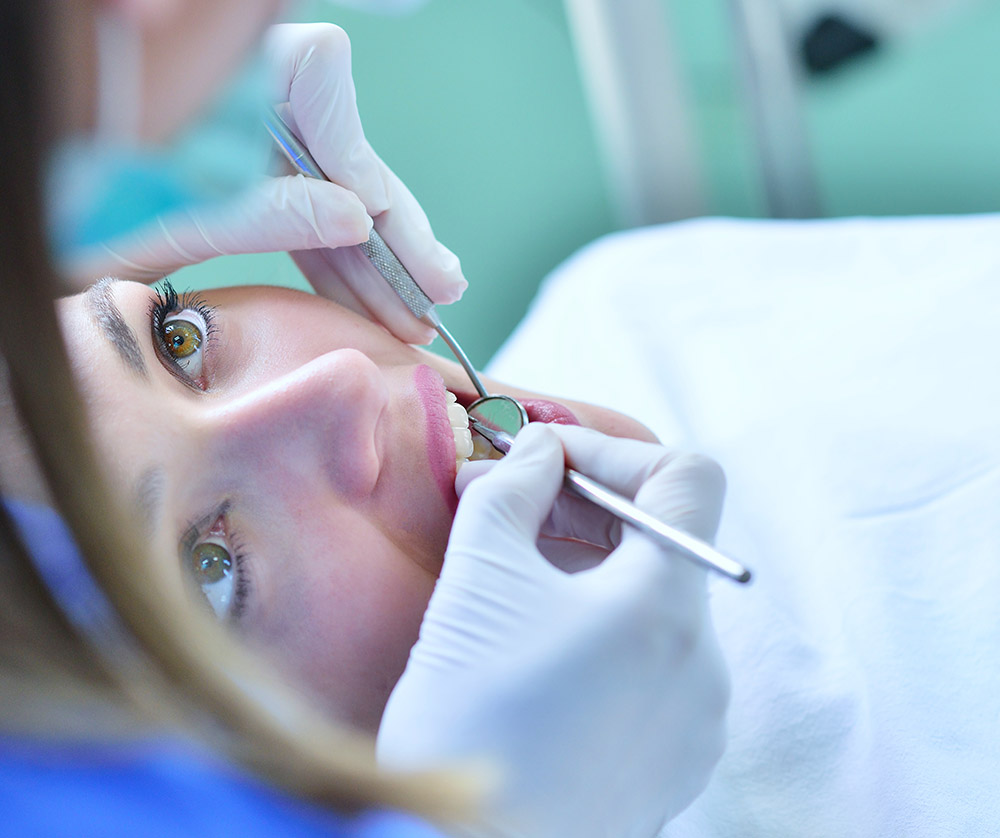 Do you know how to stop gingivitis? Does your mouth bleed when you brush your teeth? Noticing plaque and tartar above the gumline? Gingivitis, an inflammation of the gums, appears as the first sign of someone at risk for periodontal disease. Join us in learning how to stop Gingivitis.
Do you know how to stop gingivitis? Does your mouth bleed when you brush your teeth? Noticing plaque and tartar above the gumline? Gingivitis, an inflammation of the gums, appears as the first sign of someone at risk for periodontal disease. Join us in learning how to stop Gingivitis.
At some point, a dentist has no doubt warned you about it before, but you should take gum health seriously. If left unchecked, a domino effect of oral damage progresses, often resulting in the loss of one’s teeth and increased risk of serious health conditions, including heart disease, stroke, diabetes, respiratory infections, and other afflictions. Preventing that from happening is worth 3 to 5 minutes of your time, twice a day, right?
A survey reported in the Journal of the American Dental Association found that a majority of adults have gingivitis. This suggests that people aren’t taking good enough care of their teeth beyond occasional cleanings with their dentist. With that in mind, our dentists near Collegedale TN offer five ways to stop gum disease and the damage caused by gingivitis:
The American Dental Association recommends taking the time to brush your teeth in the morning and before bedtime. Flossing should happen during one of those cleaning sessions at home. It’s easy to forget or disregard if you’re in a hurry, but we should make oral health an important part of our daily routine.
Gingivitis starts with plaque accumulating around the gumline. People often neglect the gums when brushing, but you can easily attack both areas at the same time by angling your toothbrush at a 45-degree angle. You might also occasionally “scrape” the tongue with your toothbrush to remove bacteria and toxins.
Copyright: fsstock / 123RF Stock Photo
Oddly, finding a dentist is sometimes one of the last things people look into when they move to a new area. They find their dry cleaner, child's school, family doctor and favorite restaurants before their dentist. However, seeing a dentist can be very important to your overall health. There are many things to consider when searching for a new dentist. Below are a few things to consider.
If you use Google to research "dentists near me", Google will provide you with a screen filled with options split into 3 sections.
Google Reviews and other 3rd party review sites are a good, unbiased way to learn about a dentist and how their patients feel about the staff, overall experience and more. Third party sites publish all reviews - the good, the bad and the ugly. Consumers know the reviews are legitimate. That is why 8 out of 10 consumers trust online reviews as much as personal recommendations.
Research the dentists' websites to make sure that they offer services that meet your needs. Some dentists specialize in certain areas, while others may offer a wide range of services that meet the needs of your entire family -- from pediatric dentistry to senior dental services. You might also learn about their staff and informative blog posts.
You trust your friends and family, and they might be able to recommend a really good dentist. However, you'll still want to do some basic research to make sure their recommendation meets your needs as far as specific services beyond standard teeth cleaning.
Check to be sure that the dentist near you is part of professional dental organizations such as the ADA, Academy of General Dentistry and the Dawson Alumni Association - Dedicated to Complete Care Dentistry.
After you have done your research, and have been to visit the dentist for the first time, you can ask yourself questions such as:
If all went well, you should feel confident that you did indeed "find the best dentist near me".
Copyright: maxpro / 123RF Stock Photo
 Did you know there is more than one type of mouthwash? Cosmetic mouthwashes will address short term bad breath, while therapeutic mouthwashes are designed to address numerous dental concerns that can improve your oral health. Whichever type you pick, you’ll find there are plenty of reasons to reach for some type of mouthwash next time you’re are the store. Perhaps you’re on your way to a job interview or a date and are worried about your breath smelling fresh. Or you’re worried that flossing isn’t going far enough in your quest to get rid of plaque. Maybe your dentist told you to take an extra step to prevent gingivitis and tooth decay. Or maybe you’ve had a toothache, and you’re looking for a little extra relief.
Did you know there is more than one type of mouthwash? Cosmetic mouthwashes will address short term bad breath, while therapeutic mouthwashes are designed to address numerous dental concerns that can improve your oral health. Whichever type you pick, you’ll find there are plenty of reasons to reach for some type of mouthwash next time you’re are the store. Perhaps you’re on your way to a job interview or a date and are worried about your breath smelling fresh. Or you’re worried that flossing isn’t going far enough in your quest to get rid of plaque. Maybe your dentist told you to take an extra step to prevent gingivitis and tooth decay. Or maybe you’ve had a toothache, and you’re looking for a little extra relief.
Whatever your reason for wanting to swish, you don’t need to feel limited to a minty concoction with a harsh burn. Not only are there two main categories of mouthwash, there are many brands and flavors now on the market. Which one you choose depends on your dental health needs, price point, and what tastes you like. But here are few ingredients to look out for that might help you narrow down the playing field:
Therapeutic mouthwashes tend to contain ingredients including:
Cetylpyridinium chloride sounds like something out of chemistry class, but it’s not so complicated. It’s simply an antiseptic that kills bacteria in your mouth, including those that cause odor. Instead of simply covering up odors on your breath, this ingredient tackles the cause, and can help kill bacteria in hard to reach places after you brush or floss.
Chlorhexidine and essential oils can both be used to combat plaque and gingivitis. The main difference is that chlorhexidine can only be obtained by prescription. That’s because it’s so good at killing bacteria it’s also an ingredient in surgical hand scrub! Certain essential oils can also have antimicrobial properties, without killing good bacteria and while providing a tasty flavor.
Fluoride is a familiar ingredient you might recognize from your toothpaste package. It helps protect your tooth enamel by helping to repel acids, sugars, and bacteria in the mouth before they can cause trouble. You should wait for at least 30 minutes after using a fluoride product to give the ingredient a chance to reach maximum protective effectiveness.
Peroxide is also a way to disinfect your mouth, but it doesn’t have the harsh burn that many associate with alcohol-based mouthwashes. Not only can it help kill bacteria around your teeth and gums, it can also sooth mouth ulcers.
Keep in mind that children under 7 should brush their teeth and learn good flossing habits, but they shouldn’t use mouthwash because their swallow skills might not be developed enough to keep them from ingesting some of the product. Mouthwash is great in your mouth, but it’s not so great in your stomach!
If you still feel overwhelmed by the options, talk to your dentists and dental hygienists at Tedford Dentistry! We’d be happy to help you find a product that keeps your teeth clean and your mouth healthy that is just right for your smile. Whether you’re tackling a specific periodontal condition or just want to keep your whites bright and your breath smelling great, we’ll point you in the right direction.
 Since April is Oral Cancer Awareness month, it is important to set aside a few minutes to regularly check your gums, tongue, and mouth for any abnormalities. It is especially important to perform these routine checks if your family has a history with oral cancers. Take the time to perform these 5 oral self-examinations at home because you never know, what takes only a minute could save your life.
Since April is Oral Cancer Awareness month, it is important to set aside a few minutes to regularly check your gums, tongue, and mouth for any abnormalities. It is especially important to perform these routine checks if your family has a history with oral cancers. Take the time to perform these 5 oral self-examinations at home because you never know, what takes only a minute could save your life. 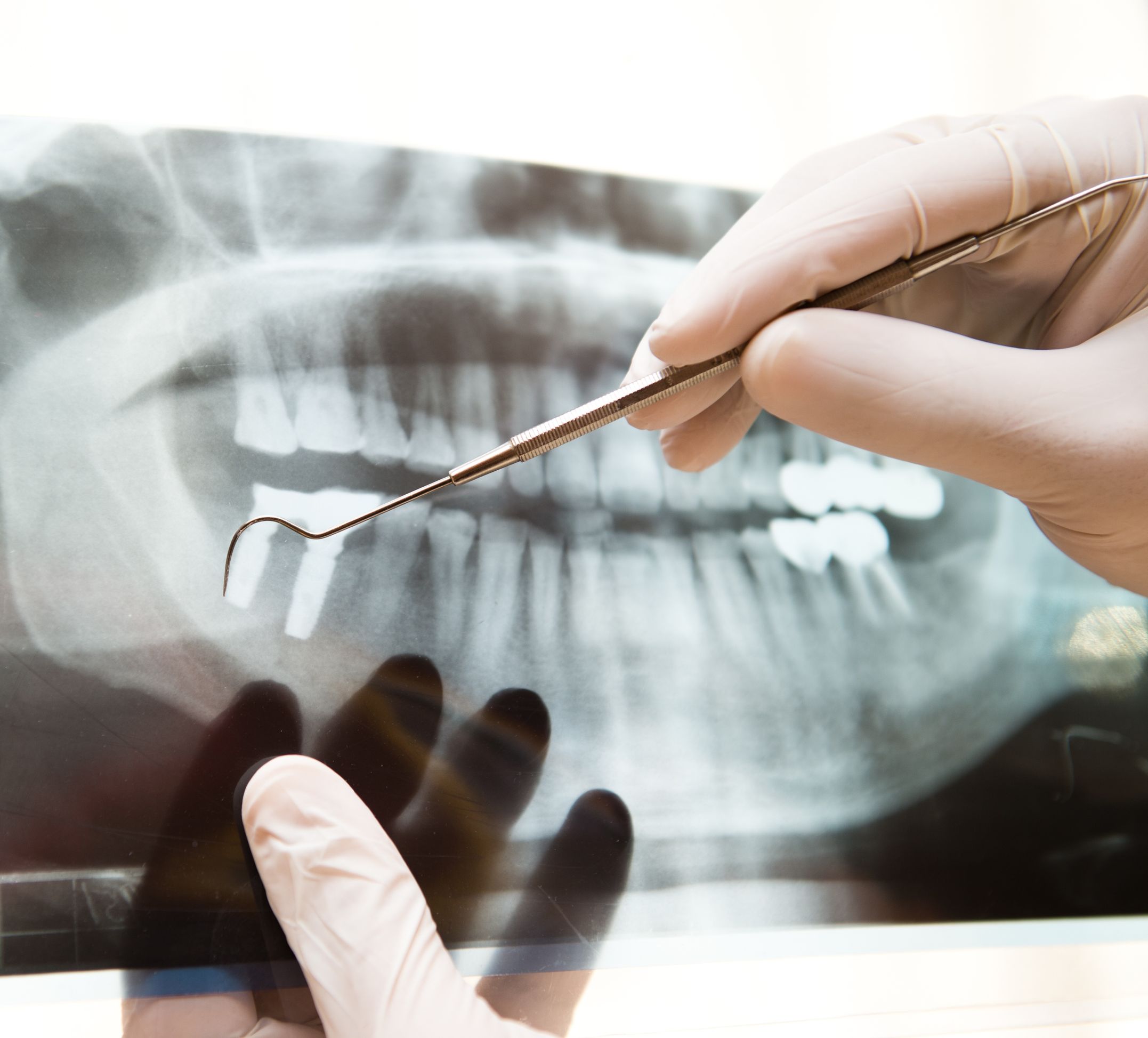
Two words: root canal. These words often come with a chill, followed by jaw clenching, and phantom tooth pain. While the procedure has gained a bad rap among the general population, root canal treatments have significantly improved through the years with advancement in technology. In an attempt to bring awareness to Root Canal Week, March 27 - April 2, we hope to answer your endless endodontic questions on root canals.
When is a root canal needed?
If your Ooltewah dentist or endodontic specialist recommends root canal treatment, you may have inflammation, infection, or an abscess, resulting from deep decay, a cracked or chipped tooth, or injury. Root canal treatments are needed to save a tooth after the soft tissue inside the root canal, known as the pulp, becomes inflamed or infected.
What are the symptoms for necessary endodontic treatment?
Symptoms include: tooth pain, extreme sensitivity to touch, chewing, and temperatures (hot or cold), tooth discoloration, inflammation and swelling, and excessive drainage of lymph nodes. In some cases, the listed effects may or may not be visible; sometimes, there are no symptoms at all. Consult your Ooltewah dentist for further examination if you are experiencing one or more of these symptoms.
What steps are involved in the procedure?
Step 1.Following an examination and x-rays, a local anesthetic will be administered to numb the inflamed or infected tooth. Next, a small “dental dam” is placed over the tooth area to keep it clean during the procedure.
Step 2. A small opening is made in the crown of the tooth. Using minimally invasive instruments, the pulp from the chamber is cleaned which makes room in the canal for filling.
Step 3. Once cleaned, the root canal is then filled with a rubbery, thermoplastic material called gutta-percha, which is placed with an adhesive cement to ensure a proper seal of the root canals. A temporary filling is often placed to close the opening, and later removed by your dentist.
Step 4. On your final visit, a crown is placed on top of the tooth, which is used to restore to original function.
Ask your Ooltewah dentist at Tedford Family Dentistry for more details about the specific restoration process, and how root canal treatments can keep your smile beautiful and bright!
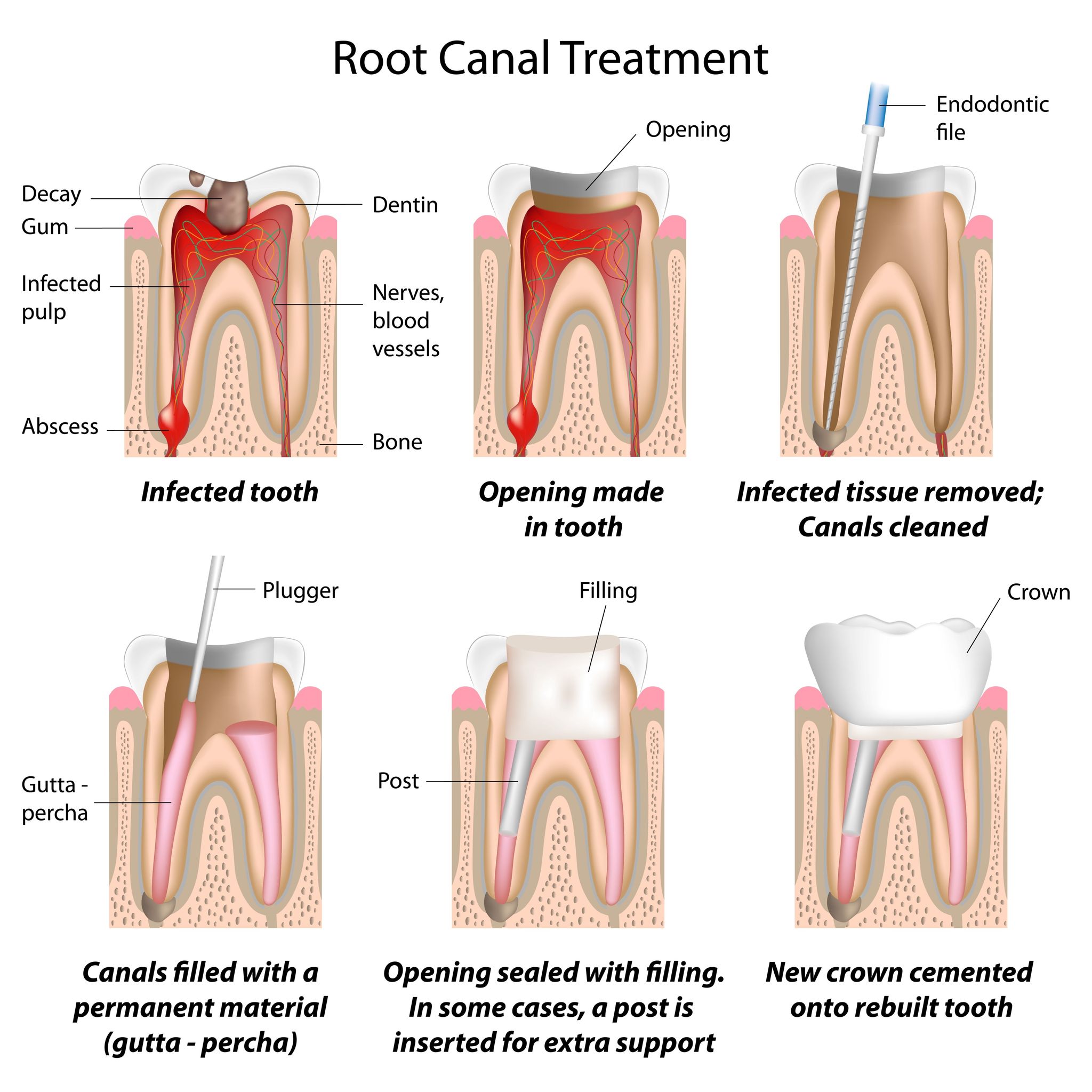
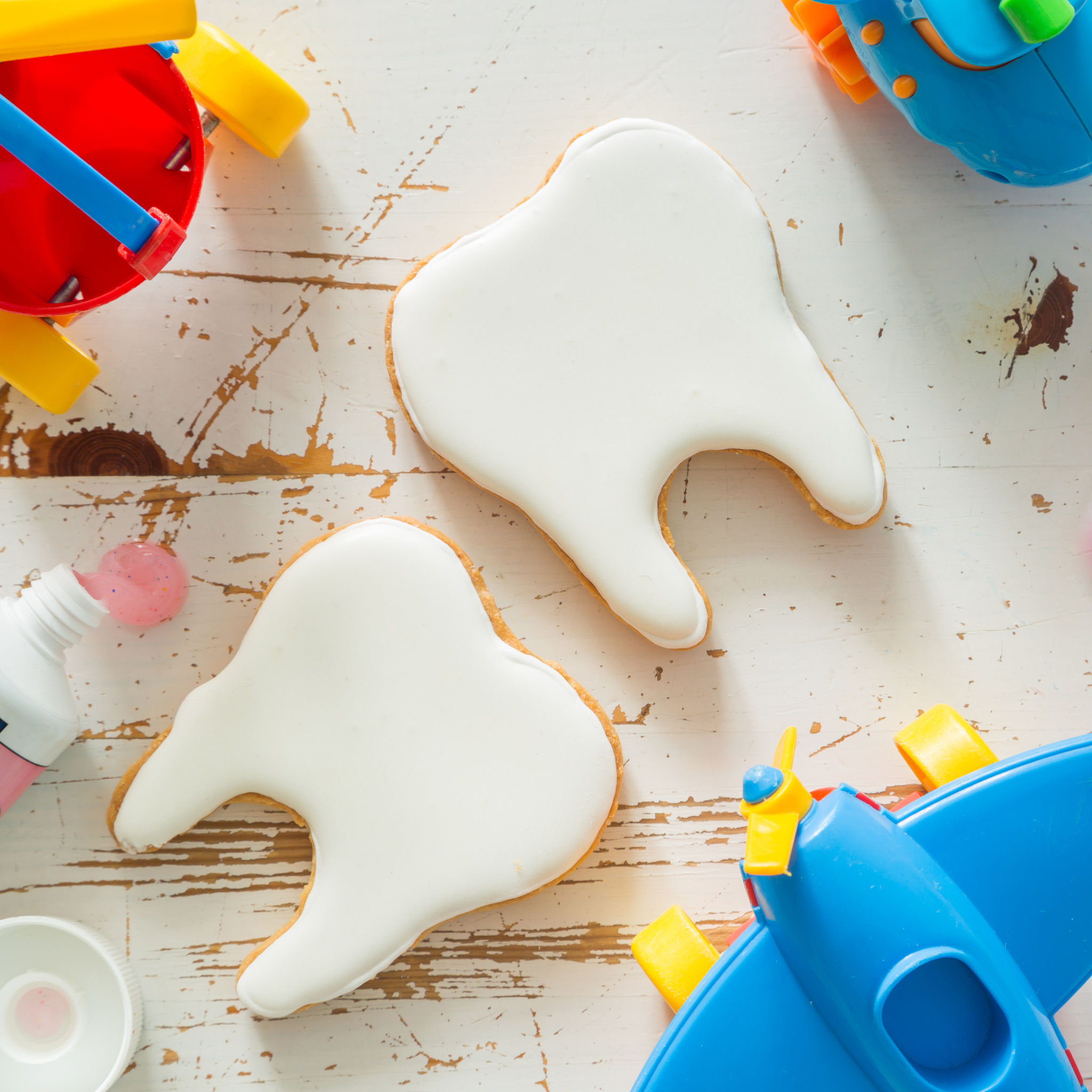 An entire month to celebrate dental awareness? Yep, and it’s one of our favorites! Celebrate National Children’s Dental Health Month this February with us as we promote healthy gums, teeth, and overall oral hygiene in children. Looking for ways to improve your child’s dental habits? Here’s what you need to keep your little one’s teeth clean and healthy.
An entire month to celebrate dental awareness? Yep, and it’s one of our favorites! Celebrate National Children’s Dental Health Month this February with us as we promote healthy gums, teeth, and overall oral hygiene in children. Looking for ways to improve your child’s dental habits? Here’s what you need to keep your little one’s teeth clean and healthy.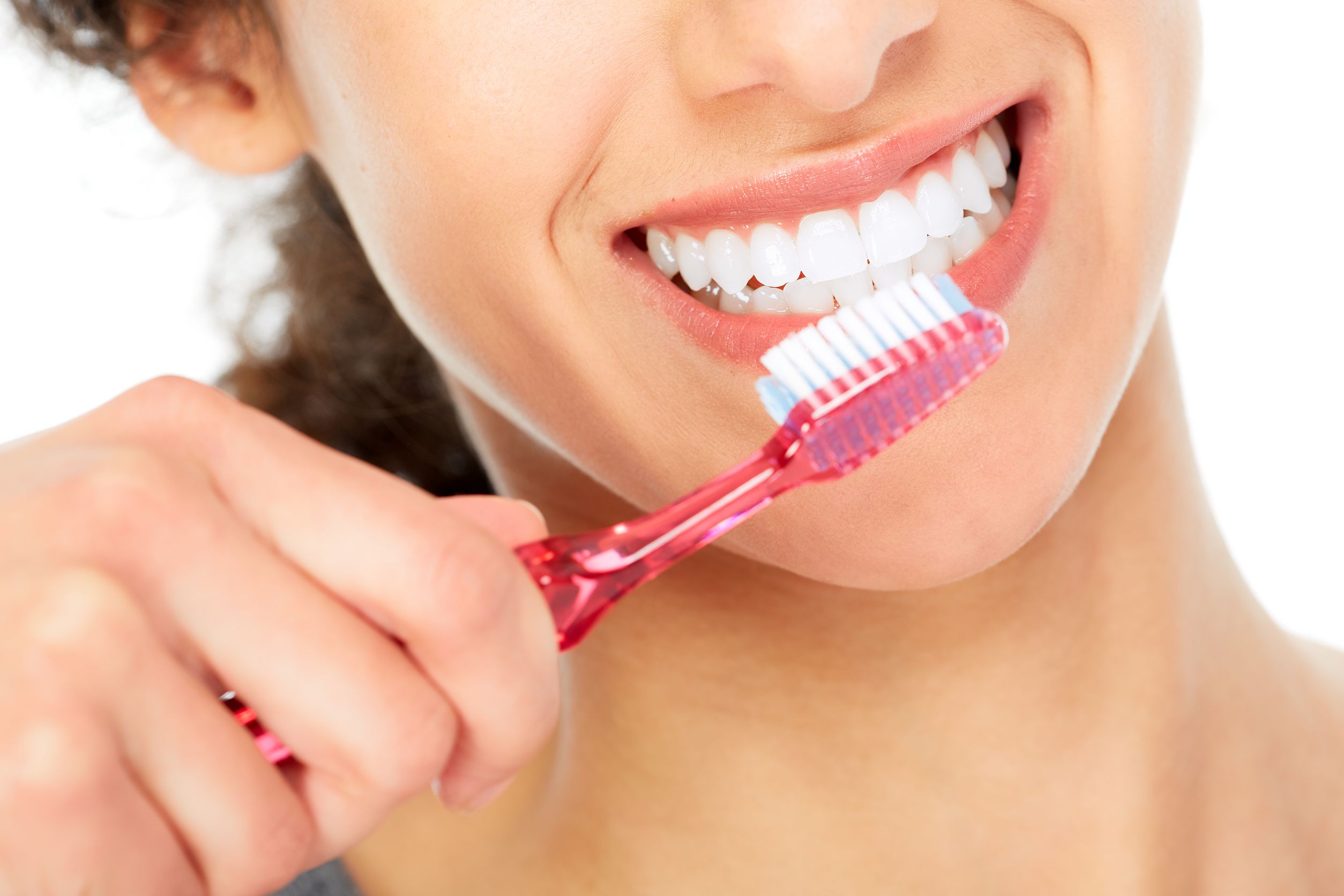 While coming up with your resolutions this year, don’t overlook your smile. Oral health resolution strategies can guarantee a sparkling smile by following these simple tips to keep your teeth and gums healthy all year long.
While coming up with your resolutions this year, don’t overlook your smile. Oral health resolution strategies can guarantee a sparkling smile by following these simple tips to keep your teeth and gums healthy all year long. Whether you’ve recently moved or are making the switch to a new health care professional, Choosing the right dentist is important for proper dental care and to help keep your smile sparkling bright. Here are the top 5 do’s when picking the right dentist in Ooltewah for you, your family, and overall oral health and wellness:
Whether you’ve recently moved or are making the switch to a new health care professional, Choosing the right dentist is important for proper dental care and to help keep your smile sparkling bright. Here are the top 5 do’s when picking the right dentist in Ooltewah for you, your family, and overall oral health and wellness:
1. Do Read Patient Reviews
When searching for the best dentist in Ooltewah, TN and which is the right choice for you, do your homework first. Online patient reviews are a great way to find a qualified dentist near you. See Google reviews, yelp, and healthcare websites, such as Health Grades to see what other patients are saying about their overall experience.
2. Do Ask Around for Recommendations
If you’re still searching for a licensed dentist in Ooltewah – ask friends, family, and even co-workers for their suggestions. If you are moving out of city or state, ask your current dentist for their professional recommendation.
3. Do Inquire About Specific Dental Needs
With each unique smile, comes unique needs. Perhaps you need an experienced pediatric dentist for your family or a full service cosmetic dentistry in Ooltewah. Compare the dental services to understand the best dental options for you.
4. Do Check Location & Office Hours
Do you live or work in the Ooltewah surrounding area? Consider the travel distance and office hours. Since regular dental cleanings are the key to maintaining oral health, it might be easier to follow up with your recommended 6 month dental examinations and appointments if you’re within a reasonable driving distance.
5. Do Inquire About Insurance Options The deciding factor when choosing a dentist in Ooltewah may come down to insurance, so don’t forget to discuss payment methods. If insurance does not cover a necessary dental procedure, ask about other financing options that may be available to you.
6. Do Consider Tedford Family Dentistry to Meet All of Your Dental Needs In Ooltewah, TN and Surrounding Chattanooga Areas
Please contact our dental office in Ooltewah, TN if you have any questions or to schedule an appointment. We look forward to providing you and your family with the very best dental care possible. Make an appointment with us and experience our family friendly dental care that's sure to make you smile.
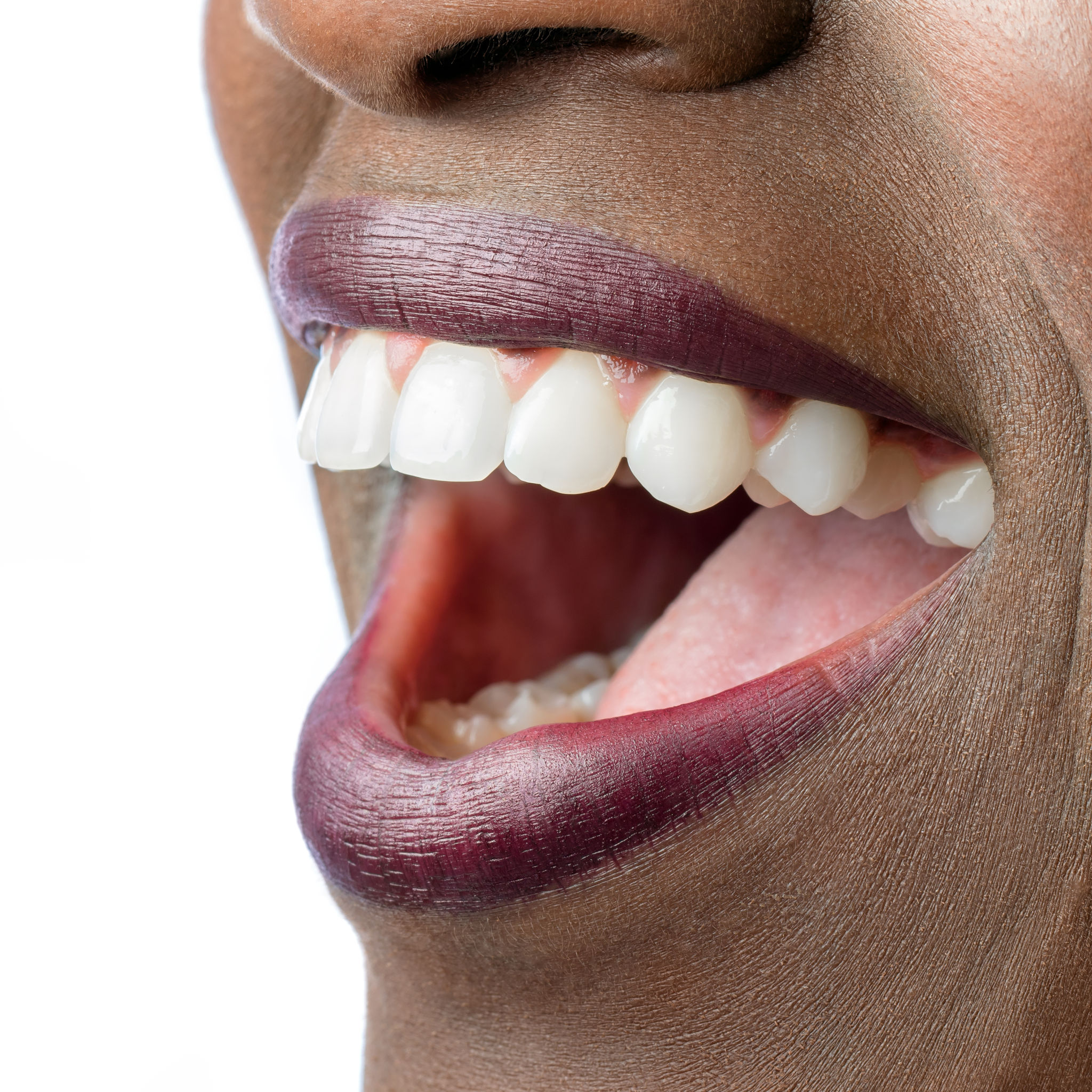 Healthy mouths and healthy bodies are one in the same. Not only will proper oral care ensure a bright, white smile, good oral hygiene can improve your overall health. Improving your oral health can help reduce your risk of disease and has been linked to a stronger memory later in life.
Healthy mouths and healthy bodies are one in the same. Not only will proper oral care ensure a bright, white smile, good oral hygiene can improve your overall health. Improving your oral health can help reduce your risk of disease and has been linked to a stronger memory later in life.  We’ve all heard the saying that you are what you eat. Those words couldn’t be more accurate when it comes to oral health. According to the American Dental Association, your dental health is the first thing to suffer from a poor diet. Improve your overall health with these super foods:
We’ve all heard the saying that you are what you eat. Those words couldn’t be more accurate when it comes to oral health. According to the American Dental Association, your dental health is the first thing to suffer from a poor diet. Improve your overall health with these super foods: